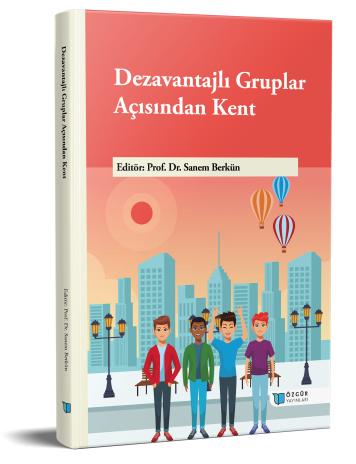
The Disadvantaged Position of Children in Urban Areas: Shaping Their Lives in the Shadows of the City
Chapter from the book:
Berkün,
S.
(ed.)
2025.
City in Terms of Disadvantaged Groups.
Synopsis
Urban transformation is a process that rapidly changes both physical and social structures, directly affecting children. Children’s lives in cities should be seen not only as individuals but also as an essential part of the social fabric. However, in traditional urban planning, children’s needs are often overlooked. Fundamental rights such as children’s access to safe play areas, educational opportunities, and spaces for social interaction should be prioritized in urban planning. Furthermore, rapid urbanization can create greater risks, especially for children from disadvantaged groups. Child-friendly cities not only enhance children’s safety but also strengthen social solidarity and improve overall quality of life. Making the "city and child" relationship an academic agenda is important for social justice and sustainable development. Policies that take this relationship into account contribute to creating more equitable and livable cities.

